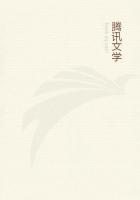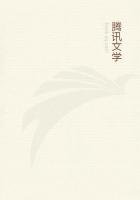A large amount of change in our cultivated plants, thus slowly and unconsciously accumulated, explains, as I believe, the well-known fact, that in a vast number of cases we cannot recognise, and therefore do not know, the wild parent-stocks of the plants which have been longest cultivated in our flower and kitchen gardens. If it has taken centuries or thousands of years to improve or modify most of our plants up to their present standard of usefulness to man, we can understand how it is that neither Australia, the Cape of Good Hope, nor any other region inhabited by quite uncivilised man, has afforded us a single plant worth culture. It is not that these countries, so rich in species, do not by a strange chance possess the aboriginal stocks of any useful plants, but that the native plants have not been improved by continued selection up to a standard of perfection comparable with that given to the plants in countries anciently civilised.
In regard to the domestic animals kept by uncivilised man, it should not be overlooked that they almost always have to struggle for their own food, at least during certain seasons. And in two countries very differently circumstanced, individuals of the same species, having slightly different constitutions or structure, would often succeed better in the one country than in the other, and thus by a process of 'natural selection,' as will hereafter be more fully explained, two sub-breeds might be formed. This, perhaps, partly explains what has been remarked by some authors, namely, that the varieties kept by savages have more of the character of species than the varieties kept in civilised countries.
On the view here given of the all-important part which selection by man has played, it becomes at once obvious, how it is that our domestic races show adaptation in their structure or in their habits to man's wants or fancies. We can, I think, further understand the frequently abnormal character of our domestic races, and likewise their differences being so great in external characters and relatively so slight in internal parts or organs. Man can hardly select, or only with much difficulty, any deviation of structure excepting such as is externally visible; and indeed he rarely cares for what is internal. He can never act by selection, excepting on variations which are first given to him in some slight degree by nature.
No man would ever try to make a fantail, till he saw a pigeon with a tail developed in some slight degree in an unusual manner, or a pouter till he saw a pigeon with a crop of somewhat unusual size; and the more abnormal or unusual any character was when it first appeared, the more likely it would be to catch his attention. But to use such an expression as trying to make a fantail, is, I have no doubt, in most cases, utterly incorrect.
The man who first selected a pigeon with a slightly larger tail, never dreamed what the descendants of that pigeon would become through long-continued, partly unconscious and partly methodical selection. Perhaps the parent bird of all fantails had only fourteen tail-feathers somewhat expanded, like the present Java fantail, or like individuals of other and distinct breeds, in which as many as seventeen tail-feathers have been counted.
Perhaps the first pouter-pigeon did not inflate its crop much more than the turbit now does the upper part of its oesophagus, a habit which is disregarded by all fanciers, as it is not one of the points of the breed.
Nor let it be thought that some great deviation of structure would be necessary to catch the fancier's eye: he perceives extremely small differences, and it is in human nature to value any novelty, however slight, in one's own possession. Nor must the value which would formerly be set on any slight differences in the individuals of the same species, be judged of by the value which would now be set on them, after several breeds have once fairly been established. Many slight differences might, and indeed do now, arise amongst pigeons, which are rejected as faults or deviations from the standard of perfection of each breed. The common goose has not given rise to any marked varieties; hence the Thoulouse and the common breed, which differ only in colour, that most fleeting of characters, have lately been exhibited as distinct at our poultry-shows.
I think these views further explain what has sometimes been noticed namely that we know nothing about the origin or history of any of our domestic breeds. But, in fact, a breed, like a dialect of a language, can hardly be said to have had a definite origin. A man preserves and breeds from an individual with some slight deviation of structure, or takes more care than usual in matching his best animals and thus improves them, and the improved individuals slowly spread in the immediate neighbourhood. But as yet they will hardly have a distinct name, and from being only slightly valued, their history will be disregarded. When further improved by the same slow and gradual process, they will spread more widely, and will get recognised as something distinct and valuable, and will then probably first receive a provincial name. In semi-civilised countries, with little free communication, the spreading and knowledge of any new sub-breed will be a slow process. As soon as the points of value of the new sub-breed are once fully acknowledged, the principle, as I have called it, of unconscious selection will always tend, perhaps more at one period than at another, as the breed rises or falls in fashion, perhaps more in one district than in another, according to the state of civilisation of the inhabitants slowly to add to the characteristic features of the breed, whatever they may be.
But the chance will be infinitely small of any record having been preserved of such slow, varying, and insensible changes.

